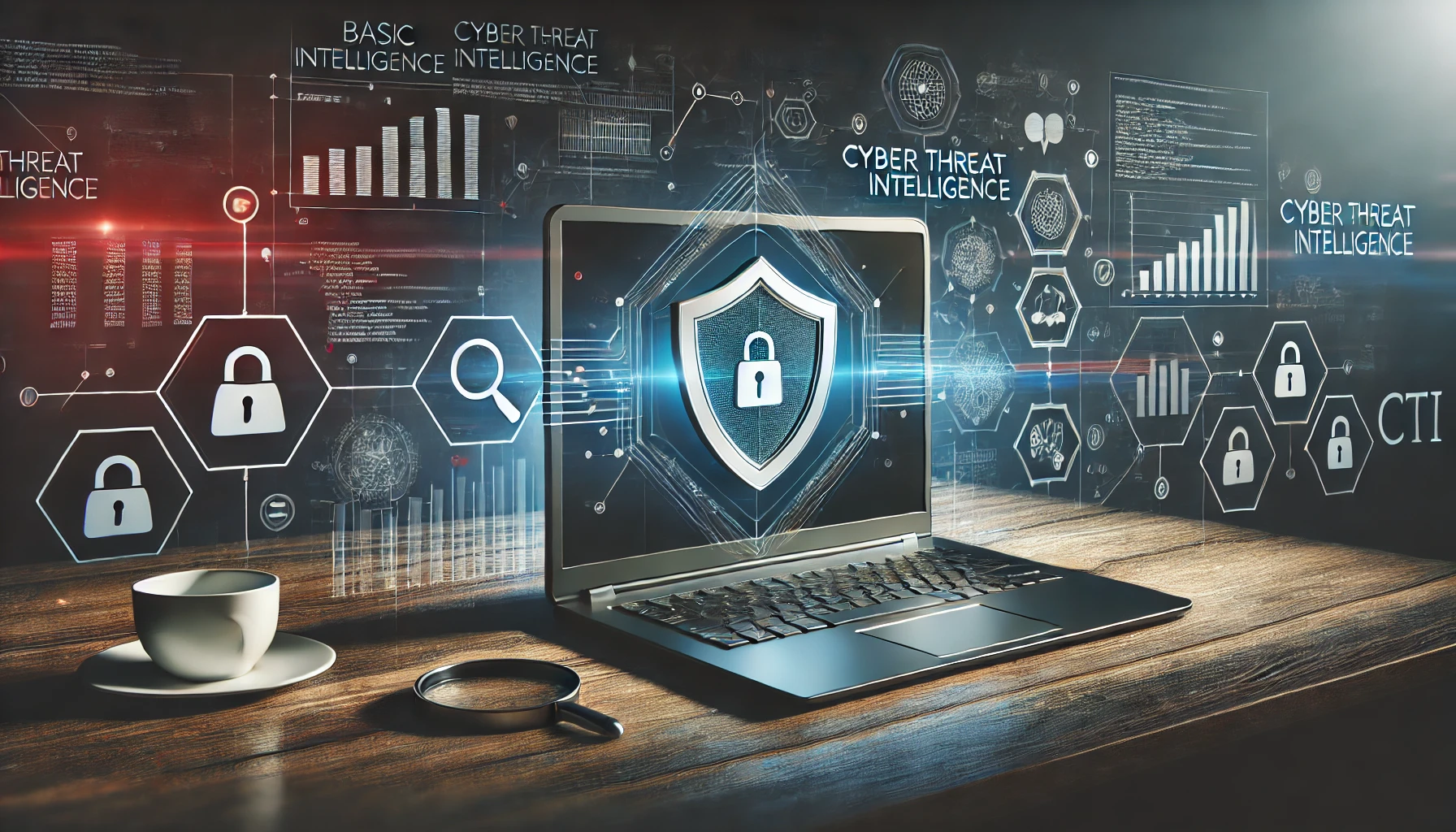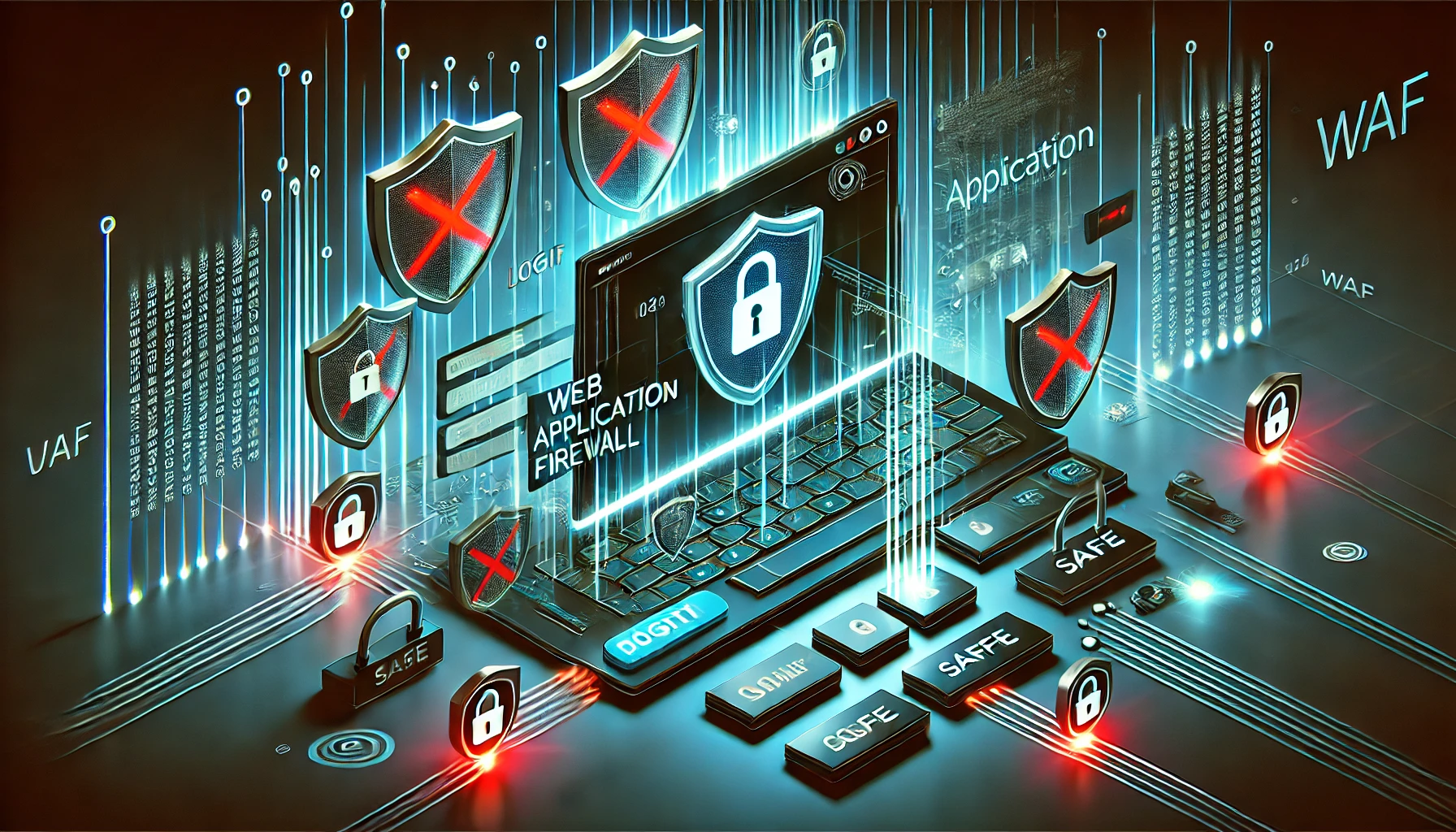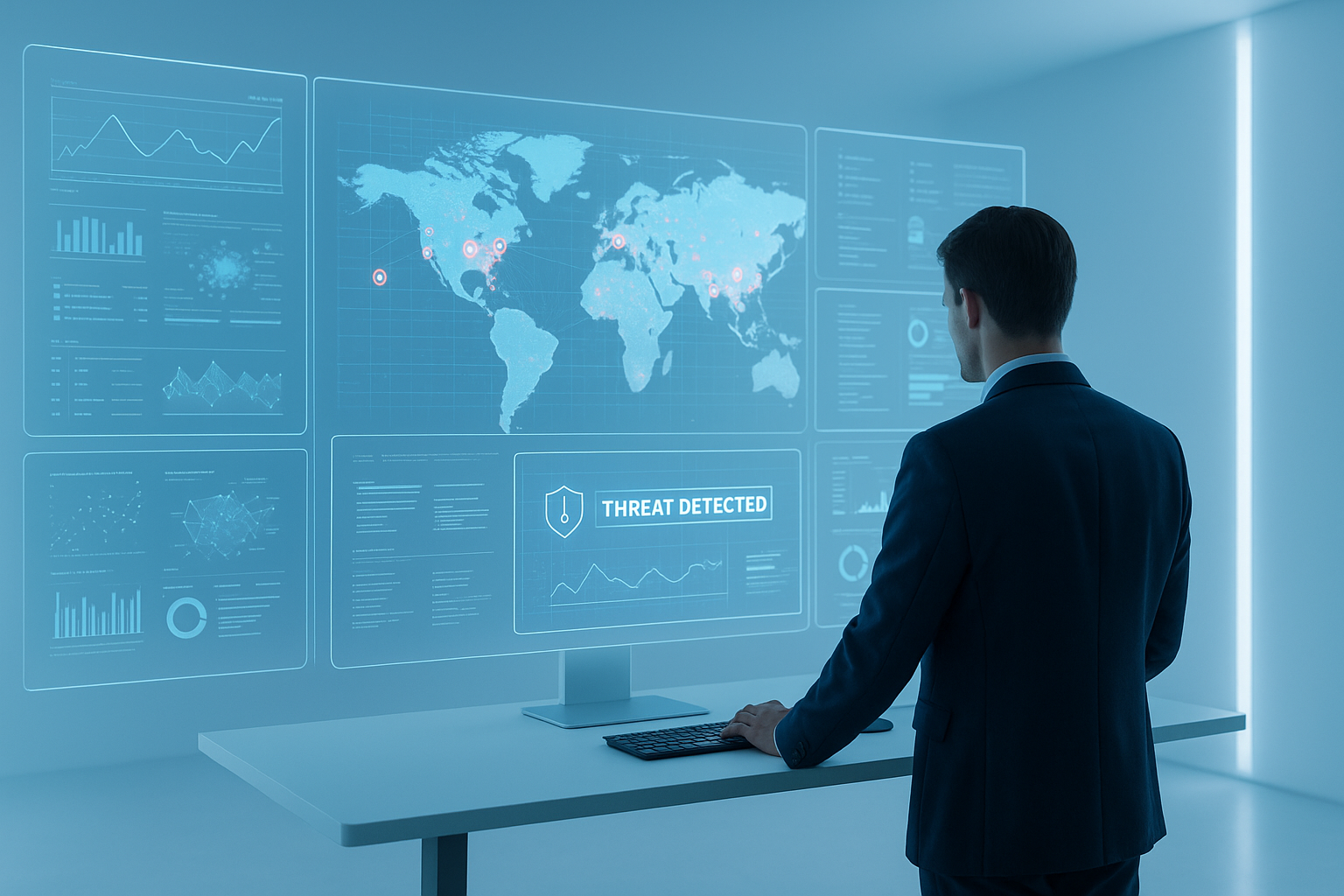5 min to read
From Trauma to Triumph: My Journey with CPTSD and Cybersecurity
How Healing from Childhood Trauma Led Me to a Career in Cybersecurity

Introduction
At 10 years old, I was severely underweight, malnourished, and often dissociated from the world around me. I was a shy kid who didn’t know how to speak up, living in full people-pleaser mode without a real sense of self. My family didn’t see illness; they saw a “quiet” child and assumed I’d grow out of it.
But neglect isn’t always loud — sometimes, it’s the silence, the inaction, and the absence of care. What no one realized then was that my body was already fighting lupus, and beneath that was something even deeper: unprocessed trauma.
This is my journey of surviving Complex PTSD, finding healing, and building a career in cybersecurity against the odds.
Growing Up in Survival Mode
I was born in a modest home in Northern India. My father’s job meant constant moving — new schools, new languages, and new kids who didn’t understand me. Wearing a turban as a young Sikh child made me a visible target for relentless bullying. At school, my silence and shyness were seen as weakness, an open invitation for bullies to pick on me. That pattern followed me into college and university, where my fear of speaking up and my need to please people kept me from setting boundaries. I didn’t know how to say, “Please stop, I don’t like how you’re treating me.”
At home, things were no better. My parents were emotionally distant and, at times, physically and emotionally abusive. They didn’t like the way I looked, or how I expressed myself. Once, around age nine or ten, I was beaten because I couldn’t answer my father’s boss when he asked me the meaning of my own name. Experiences like that taught me to hide my emotions, thinking numbness was strength.
When we moved to Canada at 13, I thought things would get better. They didn’t. Racism, isolation, and pressure to succeed only added to the weight. The physical symptoms — fatigue, joint pain, digestive issues — worsened. But in my family, mental health wasn’t discussed. We just “pushed through.”
Understanding CPTSD
Complex PTSD (CPTSD) isn’t caused by one event — it’s the result of many, often starting in childhood. It rewires how you see yourself and the world.
For me, it showed up as:
-
Always being on edge, even in safe spaces.
-
Deep shame and low self-worth.
-
Emotional numbness or sudden outbursts.
-
Struggles with trust, boundaries, and relationships.
Left untreated, it seeps into your health, confidence, and dreams. I didn’t realize my body’s pain was both physical and emotional — two battles I was fighting at once.
Turning Pain into Purpose
When COVID-19 hit, I decided to change paths. I enrolled in the University of Toronto’s Cybersecurity Boot Camp — a move that would reshape my future.
I failed the CompTIA Security+ exam on my first try. But instead of quitting, I doubled down, studied harder, and passed. My first big break came during the pandemic as an IT Specialist at Telecom Metric, working entirely virtually.
Projects That Proved I Could
The real turning point wasn’t just getting jobs — it was creating things that didn’t exist before:
-
IOC-Inspector: A Python-based tool I built to scan and analyze malicious documents for Indicators of Compromise (IOCs). It automated what would normally take hours, proving I could build practical, impactful solutions from scratch.
-
My Cybersecurity Blog: I launched my own blog without prior web development experience, figuring out everything from hosting to custom design. Every post became a way to share knowledge and make security more accessible.
These projects weren’t just technical milestones — they were proof that I could take ownership of my path, even when starting with nothing but curiosity and persistence.
Healing Through Therapy
Cognitive Behavioral Therapy (CBT) taught me to recognize and accept that what I experienced was genuine abuse, not “just” people being rude. Eye Movement Desensitization and Reprocessing (EMDR) helped me reconnect with my younger self, process grief, and release emotions I’d suppressed for years.
Healing didn’t happen overnight, but therapy gave me tools to reclaim my life from both CPTSD and the weight of neglect.
What I’ve Learned
- Perseverance Pays Off: Failure is part of the process — not the end of it.
- Self-Care is Non-Negotiable: Physical and mental health are the foundation for everything else.
- You Can Build Your Own Future: Skills, careers, and identities can be rebuilt from scratch.
- Inner Strength Is Real: You have more resilience than you think — sometimes you just need the chance to see it.
Key Lessons in Resilience
- Perseverance Pays Off: Even when faced with failures and setbacks, continuing to push forward and not giving up leads to eventual success.
- Self-Care is Crucial: Taking care of oneself, both physically and mentally, is essential for overall well-being and long-term success.
- Change is Possible: No matter how challenging the circumstances, it is possible to change one’s path and create a better future.
- Inner Strength: We often underestimate our inner strength. Realizing and embracing this strength can lead to profound personal growth and resilience.
A Message of Pride and Encouragement
If you’re living with CPTSD, chronic illness, or simply trying to rebuild after hardship — you’re not broken. You’re building. Every small step counts.
Your past does not define you. It equips you to create a future that’s stronger, freer, and entirely your own.




Comments